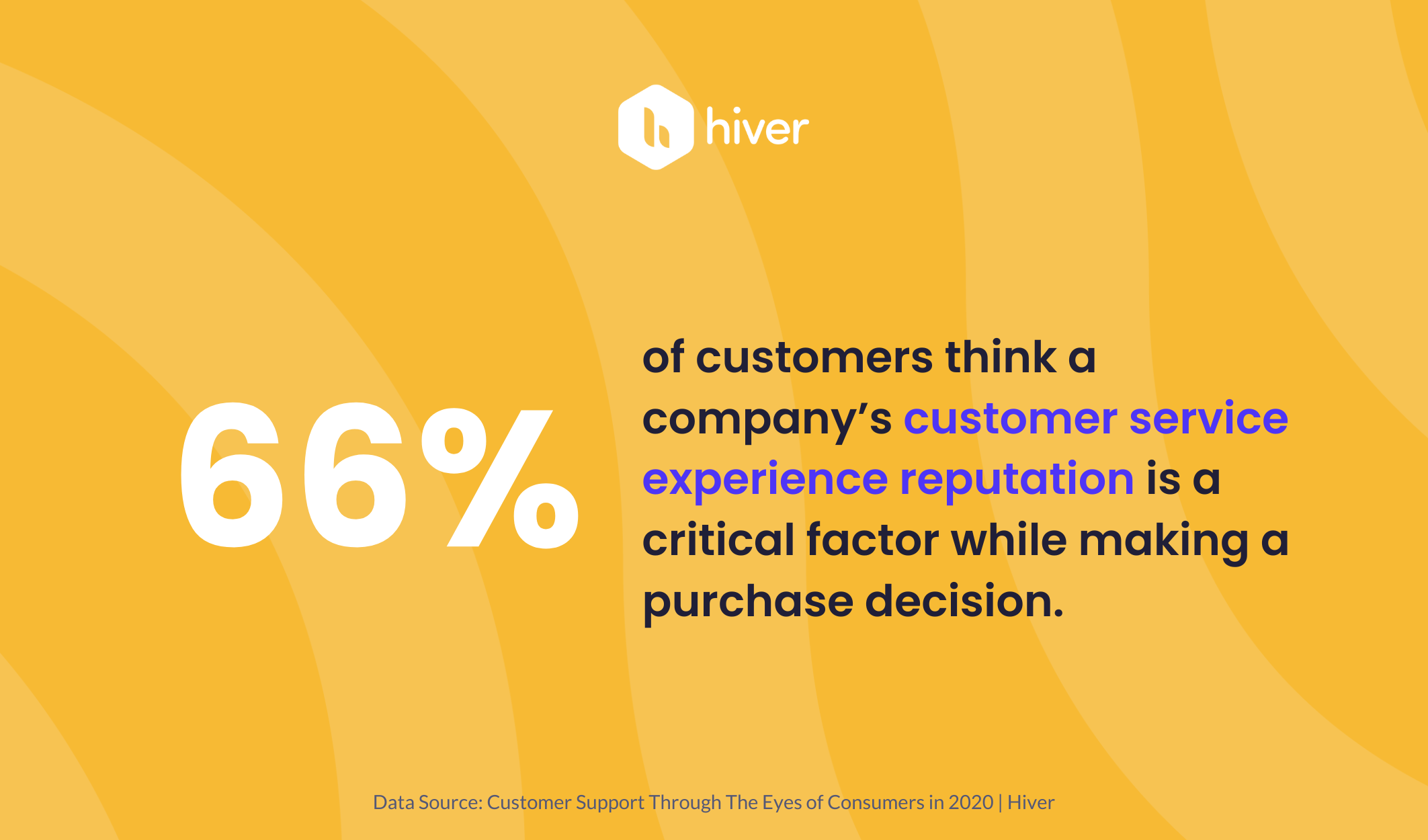As businesses strive to create a strong online presence, the role of community management has become increasingly important. Effective community management involves building relationships with customers, engaging with them, and providing them with the support they need.
In this article, we will discuss the most effective community management strategies that businesses can implement to build customer loyalty. These insider strategies go beyond the basic engagement tactics, offering a unique approach to community management that can help you stand out from the competition.
Engage Your Community with Fun Quizzes
In recent years, quizzes have become a popular way for companies to engage their audience and build a sense of community. With the rise of social media, it's now easier than ever to create and share quizzes that can help increase brand awareness and loyalty.
“One effective strategy is to create quizzes that are both fun and relevant to your brand or industry”, shares Kenny Kline, President and Financial Lead at BarBend.
For example, a skincare company might create a "What's Your Skincare Personality?" quiz that helps customers identify their skin type and recommends products based on their results.
Similarly, a sports team could create a quiz that tests fans' knowledge of team history or player statistics.
We also asked Jonathan Faccone, Managing Member & Founder of HALO Homebuyers about creating quizzes to engage the community, here’s an interesting response; “One approach is to create quizzes that encourage user-generated content (UGC) and social sharing. For example, a fashion brand might create a "Style Icon Quiz" that asks users to select their favorite fashion icons and share their results on social media.”
Great, because, this not only helps to increase brand awareness but also encourages users to engage with the brand and share their experiences with others.
Have a look at an example:
Quizzes can also be a great way to gather feedback and insights from your community. Ask customers to share their opinions and preferences through quiz questions, and gain valuable insights into what your audience wants and needs. With a quiz builder, you can easily create interactive quizzes to engage your customers and collect valuable data.
Develop a Strong Brand Identity
Developing a strong brand identity is essential for effective community management. A brand identity represents the core values, personality, and unique selling proposition of a business. It is what sets a business apart from its competitors and helps customers identify with it.
Ilonka Hofmann, Founder of Onlineable.io, shared, “To develop a strong brand identity, focus on key elements, such as brand voice, visual identity, messaging, and brand personality. Ensure that these elements are consistent across all communication channels, including social media platforms, email newsletters, and websites.”
For instance, Nike has a strong brand identity that resonates with its customers. Its brand voice is confident, bold, and empowering, which is consistent across all its marketing materials. The visual identity of the brand, including its iconic "swoosh" logo, is instantly recognizable and reinforces the brand's values of athleticism and achievement.
Another great example is Glossier, a beauty brand that has created a strong brand identity by focusing on minimalism and authenticity. Its branding is consistent across all its channels, including its social media pages, website, and product packaging. The brand's messaging focuses on empowering women to feel confident in their skin and encourages them to embrace their natural beauty.
Adam Fard. Founder & Head Of Design at Adam Fard UX Agency, says “By developing a strong brand identity, you can quickly attract a community of customers who share your values and beliefs. This sense of shared identity can create a strong sense of loyalty among customers, leading to increased engagement and higher customer retention rates.”
Engage with Your Community
Building a loyal community of customers requires a commitment to ongoing engagement. This means taking the time to connect with customers, listen to their feedback, and respond to their questions and concerns.
Here are some strategies for effectively engaging with your community:
Be present on social media: Social media platforms like Facebook, Twitter, Instagram, and LinkedIn are excellent channels for engaging with your community. Use these platforms to share valuable content, answer questions, and respond to feedback in a timely manner.
Host events: Hosting events is a great way to connect with your community in person. Events can include anything from product launches to meet-and-greets to charity drives. For example, Lululemon, a yoga apparel brand, hosts free yoga classes in their stores as a way to connect with their customers and promote healthy living.
Show appreciation: Show your community that you appreciate them by offering exclusive discounts, rewards programs, or other perks. For example, Starbucks offers a rewards program that allows customers to earn points for purchases and redeem them for free drinks and food items.
“By engaging, you will not only build stronger relationships with your customers but also gain valuable insights that can help you improve your products or services”, shares Jake Smith, Founder of Personalised Number Plates.
But remember, community engagement is a two-way street, so ensure you listen to your customers and incorporate their feedback into your strategy.
Foster a Sense of Belonging
One of the most effective ways to build customer loyalty through community management is to create a sense of belonging among your customers. Michael Hess, eCommerce Strategy Lead at Code Signing Store, says, “When customers feel that they are part of a community, they are more likely to remain loyal to your brand.”
Here are some strategies to foster a sense of belonging:
Create a shared identity: Build a sense of identity around your brand that your customers can relate to. This could be through shared values, interests, or experiences. Take the example we’ve just talked about above; Nike. "Just Do It" slogan has become a rallying cry for athletes around the world, creating a sense of shared identity among its customers.
Encourage user-generated content: Give your customers a platform to share their experiences with your brand. User-generated content is a powerful way to create a sense of community, as it allows customers to connect with each other over their shared experiences. For example, Airbnb's Instagram account features user-generated photos of unique accommodations around the world, creating a sense of community among its users.
Personalize the experience: Use customer data to personalize the experience for each customer. By showing that you understand and care about their individual needs and preferences, you can create a deeper sense of connection with your customers, says Bruce Mohr, Vice-President at Fair Credit.
For example, Spotify uses customer data to create personalized playlists for each user, creating a sense of community around shared musical tastes. It has now even introduced a video ‘Discovery’ feature, where users can discover relevant taste of their music.
So, fostering a sense of belonging is a great way to build a community of loyal brand advocates who will continue to support your business for years to come.
Provide Exceptional Customer Service
Exceptional customer service is a crucial element of community management. You show your customers that you value them and are committed to their satisfaction. This can go a long way in building customer loyalty and a strong community around your brand.

Source: https://hiverhq.com/
Katie Holmes, Marketing Expert at Onsite First Aid Training, shares, “One effective way to provide exceptional customer service is to be responsive and helpful on social media platforms. Respond promptly to customer inquiries, complaints, and feedback, and do so in a friendly and empathetic manner.”
Another great way to give exceptional customer support is by offering personalized support to your customers. For instance, you can provide your customers with a dedicated customer service representative who can address their concerns and questions.
Here are some examples of companies that provide exceptional customer service:
Zappos: Zappos is an online retailer known for its exceptional customer service. The company provides a 24/7 customer service hotline, free shipping and returns, and a 365-day return policy. Additionally, Zappos has a reputation for going above and beyond to help its customers, such as sending flowers to a customer who ordered shoes to wear to a funeral.
Warby Parker: Warby Parker, an eyewear retailer, provides exceptional customer service by offering a home try-on program. Customers can select up to five frames to try on at home for free, and Warby Parker provides free shipping both ways. The company also has a dedicated customer service team that can help customers with any questions or concerns.
Ritz-Carlton: Ritz-Carlton, a luxury hotel chain, is known for its exceptional customer service. The company has a policy of empowering its employees to go above and beyond to satisfy customers. For example, a guest at the Ritz-Carlton in Bali mentioned to a staff member that she missed her cat back home. The staff member arranged for the guest's cat to be flown to Bali to surprise her.
Utilize User-Generated Content
One of the most effective ways to engage with your community and build customer loyalty is to utilize user-generated content (UGC). UGC is any form of content created by your customers, such as reviews, photos, videos, or social media posts. Building positive customer reviews is one of the easiest ways to gain a strong reputation online and is necessary to gain trust from new customers.
“Showcase your brand's authenticity and build trust with your customers by incorporating UGC into your community management strategy”, says Hamza G. Email Outreaching Expert at Outreaching.io.
One company that does an excellent job of utilizing UGC is Airbnb. As a platform that connects travelers with unique accommodations, Airbnb relies heavily on user-generated content to showcase the experiences of its customers. Airbnb's website and social media pages are full of user-generated photos and videos that highlight the properties and experiences available on the platform.
Another example of a company that uses UGC effectively is GoPro. As a company that produces action cameras, GoPro encourages its customers to share their adventures by using the hashtag #GoPro on social media. GoPro then features the best user-generated content on its website and social media pages, showcasing the amazing adventures that its customers are having with its products.
Eric Dalius, Executive Chairman of MuzicSwipe says, “Incorporating UGC into your community management strategy can help you save time and resources on content creation. By leaning on the content that your customers are already creating, you can free up your team to focus on other areas of community management.”
Offer Exclusive Rewards and Incentives
“One effective way to build customer loyalty within a community is by offering exclusive rewards and incentives”, shares James Rochester, Chief Finance Officer (CFO) at CashBlog.
By doing so, you not only incentivize customers to continue engaging with your brand, but you also make them feel appreciated and valued.
You can do this via various means, such as offering discounts, freebies, or access to exclusive content or events.
For example, Sephora offers its Beauty Insider loyalty program to reward its customers for their purchases. Members earn points for every dollar spent, which they can then redeem for rewards such as free products, exclusive experiences, or early access to new releases.
Similarly, Starbucks offers its Rewards program, which allows members to earn stars for every purchase and redeem them for free drinks or food items.
Matthew Smith, SEO Expert at Integrum Services says “Driving customer loyalty, offering exclusive rewards and incentives helps us attract new customers to our Pest Control company. We have experienced that customers are more likely to engage with a brand that offers additional value, which can translate into positive word-of-mouth recommendations and increased brand awareness.”
The Takeaway
Building customer loyalty through effective community management strategies is crucial for any business. By developing a strong brand identity, engaging with your community, fostering a sense of belonging, providing exceptional customer service, and utilizing user-generated content, businesses can create a loyal customer base that will help them grow and succeed in the long term, concludes Abigail Clemente, Chief Editor of Your House Your Garden.


Login and write down your comment.
Login my OpenCart Account